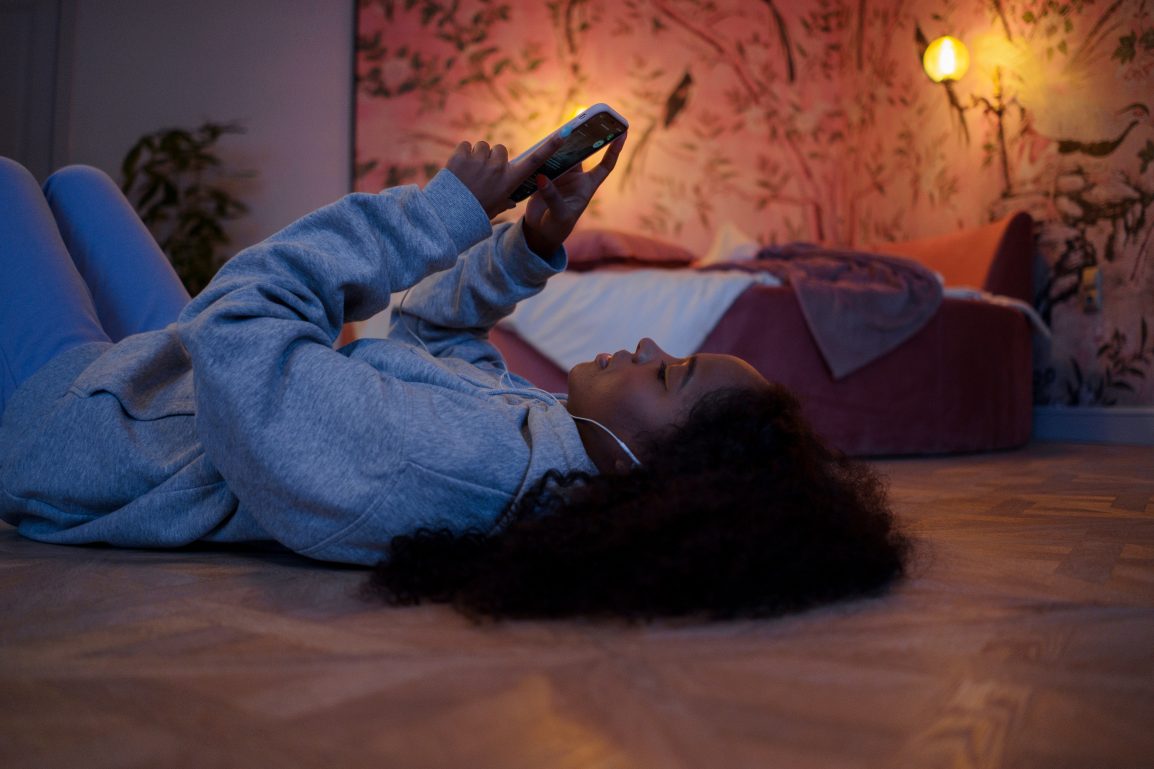Sleep is an incredibly important part of living a healthy lifestyle. Getting a good and consistent amount of sleep each night can help to improve your self esteem, your attention and focus, and most of all, it helps to ensure sickness stays far, far away from you! But when you’re a teenager, getting enough good quality sleep can be tricky.
Early school mornings, working part time, doing scrolls of homework, and late nights out with friends can really offset the sleep pattern a teen needs. And remember, going through puberty sends your body clock all over the place. Indeed, people between the ages of 13 and 19 tend to need just as much sleep as a toddler does!
Which is why sleep disorders are so common in teenagers; let’s go through the 3 most common for people below the age of 18.
Delayed Sleep Phase Syndrome
Delayed sleep phase disorder is the most likely sleep disorder a teen will get; your schedule is already all over the place, so it’s no wonder you want to sleep after midnight and wake after 10 am! Whereas most adults will like to get to bed by 10 pm, and wake around 7 or 8 am, you’re dealing with an entirely different set of rules, and it’s making your life a lot more difficult to manage.
So what can you do? Well, it’s a good idea to try something like Red Light Therapy at home. This works by helping to shunt your body clock back to a ‘normal’ time with a bright light box; applying the light as soon as possible after you first wake up can help to get you up and going at an earlier time, simply because you’re likely to wake around 8 am but tend to immediately go back to sleep. Stopping the latter from occurring makes you more tired later on, which ensures you hit the hay earlier too. It’s a snowball effect that’s very much welcome, and light therapy has a very high success rate as well!
Sleep Apnea
Sleep apnea is a disorder in which breathing regularly stops and starts throughout the night, typically due to the relaxation of the throat muscles. Signs of sleep apnea are usually quite obvious: if you’re tired even after getting a good 8 hours, or you usually wake up with headaches, or a family member has told you you snore quite loudly, there’s a chance you could be living with sleep apnea. Treating this disorder is relatively simple, however; most people are given CPAP machines to use when sleeping, which blow a stream of air into your mouth throughout the night to ensure your airways always stay open.
However, the treatment for sleep apnea can last a long time; even with the use of a CPAP machine, the manufacturing involved can be unreliable. For example, there’s currently a lawsuit going round about a recently recalled CPAP brand, which you can read more about right here: https://www.rosenfeldinjurylawyers.com/cpap-lawsuit.html. But most CPAP machines work very well to help the user breathe normally and consistently throughout the night, so don’t let yourself worry too much over needing to use one of these.
Insomnia
Possibly the most common sleep disorder that affects us, insomnia can be caused by a variety of different issues. But when you’re a teen, it’s likely that the stress of school work, societal pressures, and needing to be up and awake at unusual times for your internal body clock are the leading causes. All in all, insomnia is likely to be a problem for you at some point throughout your life – even if you sleep just fine right now, in a few months time there’s a chance it’ll creep up on your sleep schedule.
But because of this variation in cause, insomnia can be hard to pin down. Most of all, if you drink a lot of caffeine, whether in coffee or energy drinks throughout the day, try to cut back on these an hour or so before bedtime. Maybe you live in a noisy area, or house? Think about investing in some ear plugs to cut out the background noise when you’re trying to sleep, especially if you’ve got younger siblings who tend to cry throughout the night!
The more you know about what can affect your sleep, the healthier a night’s rest you’re likely to get. Make sure you’re taking a proactive approach to bedtime, even if you’ve got an all nighter to pull!

